A year ago today, news leaked that The Times-Picayune would cease daily publication, cut staff and focus on its website, NOLA.com. The paper and ink edition now hits doorsteps and newsstands just three days a week: Wednesday, Friday and Sunday.
History and tradition play an outsized role in New Orleans. So perhaps it is no surprise that The Times-Picayune’s move has led to a modern-day version of a relic of media history: the newspaper war.
The Advocate, which launched its daily New Orleans edition when the Picayune stopped its own, is now beefing up under a new local owner, John Georges. The Times-Picayune now plans a tabloid paper, TPStreet, for three days that it had abandoned.
Last year, photographer Bevil Knapp captured images of the daily newspaper ritual around New Orleans. This week I joined her to see how, nine months into this new era of news, people and communities are adapting. (In a separate post, Lens Managing Editor Steve Myers describes how The Lens fits into this new environment.)
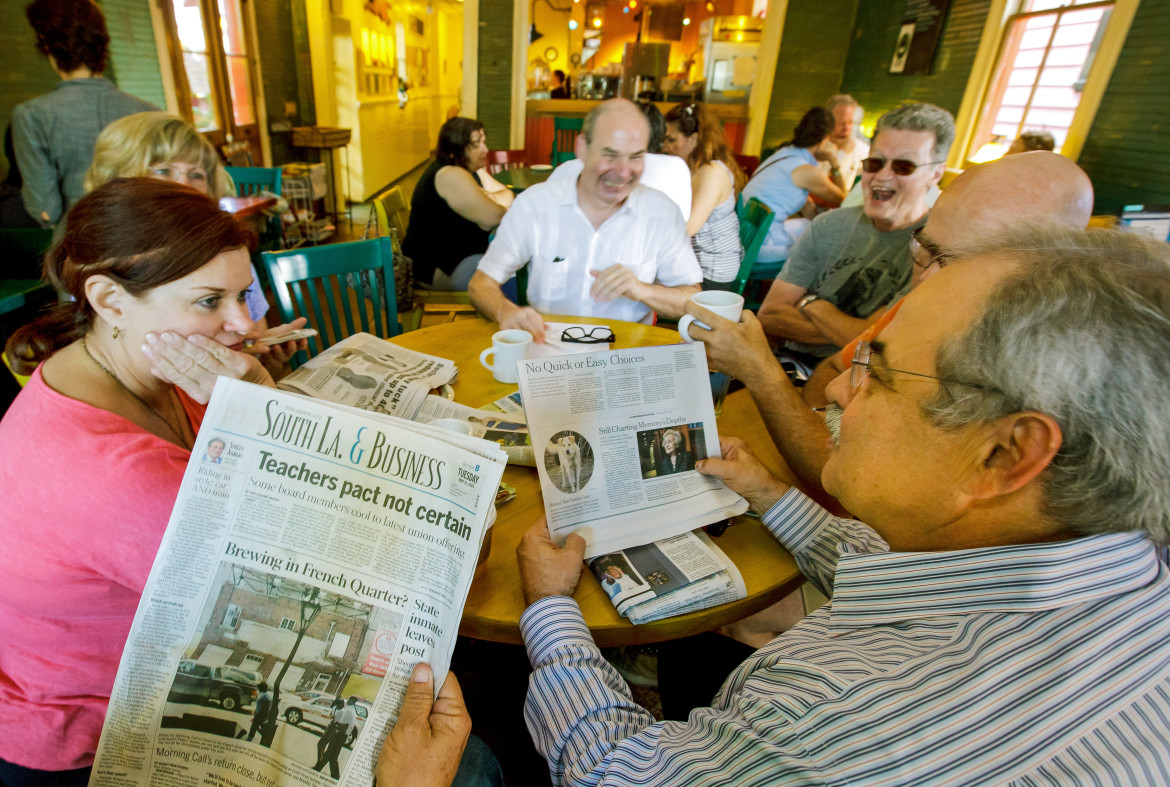
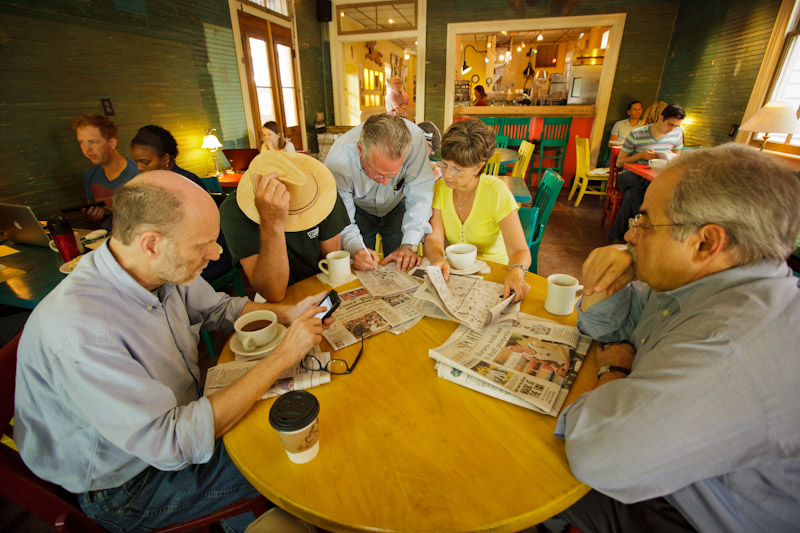
These friends at the Fair Grinds coffee shop still meet to discuss politics, newspaper stories and each other, as they have for more than 20 years. But even on days The Times-Picayune is published, it’s no longer part of their routine.
“We’re so sad the paper decided to give up on us,” says nurse Sharon Morrow. “I’ve stopped my subscription. I mourn the paper almost every day.” Sections of The Advocate and The New York Times are strewn among the coffee cups instead. The group deems The Advocate’s New Orleans coverage not up to snuff, but Morrow says she hopes that will change “as they get to know our needs.”
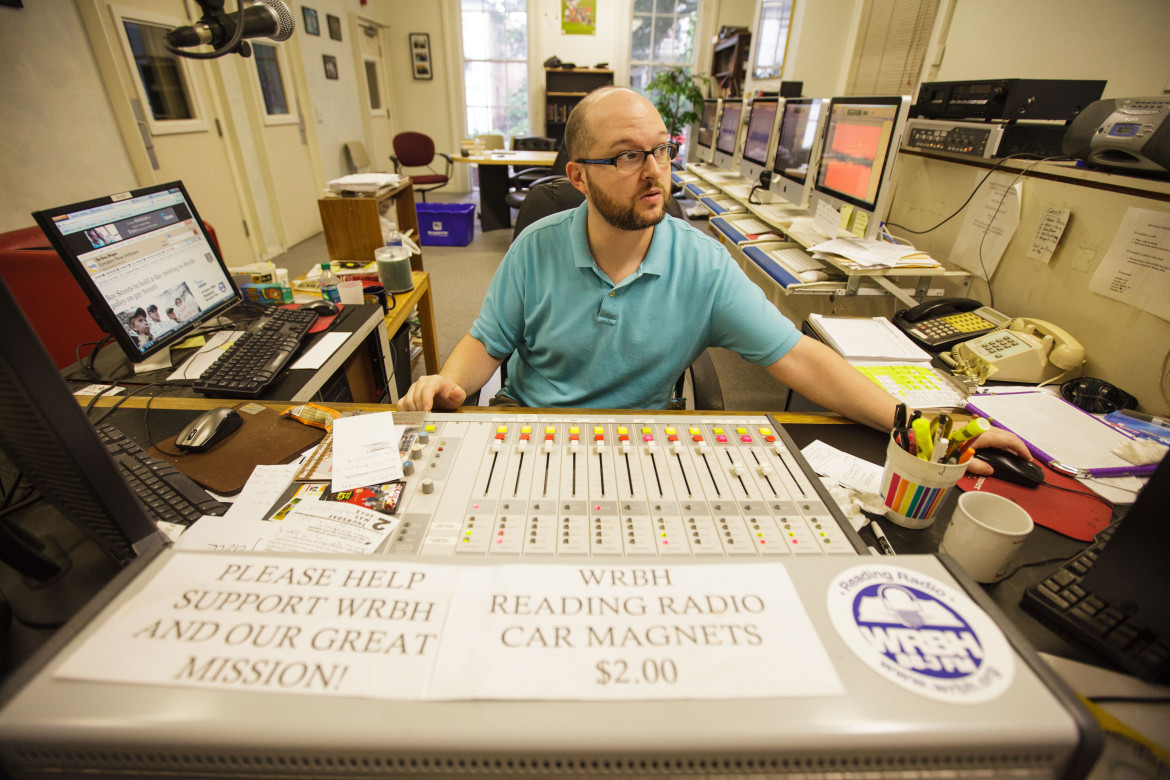
New Orleans Radio for the Blind, 88.3 WRBH-FM, broadcasts a live reading of The Times-Picayune weekdays from 7 to 9 a.m.* Listeners were worried about what they’d hear on days the paper wasn’t printed, says production engineer Tim Vogel.
He used to cut out articles and hand them to the broadcasters. Now he copies text from NOLA.com in the early morning and sends it to tablets to be read on the air. “We’re actually more up to speed than the newspaper this way,” he says.
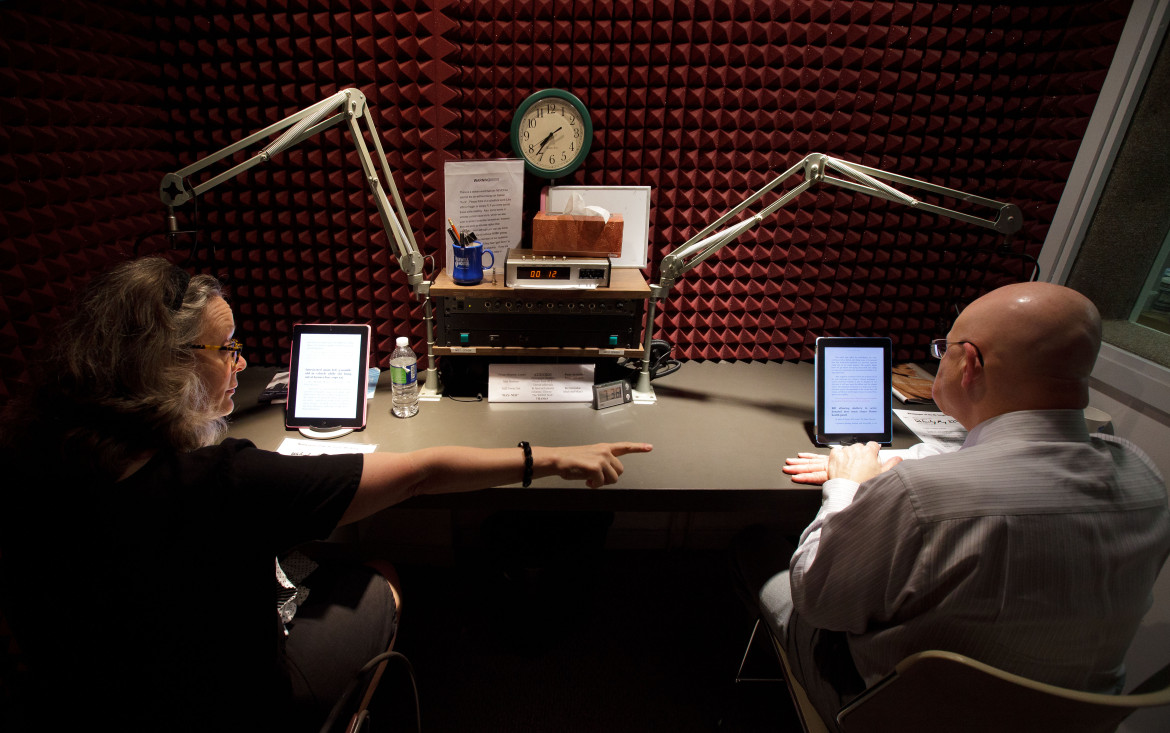
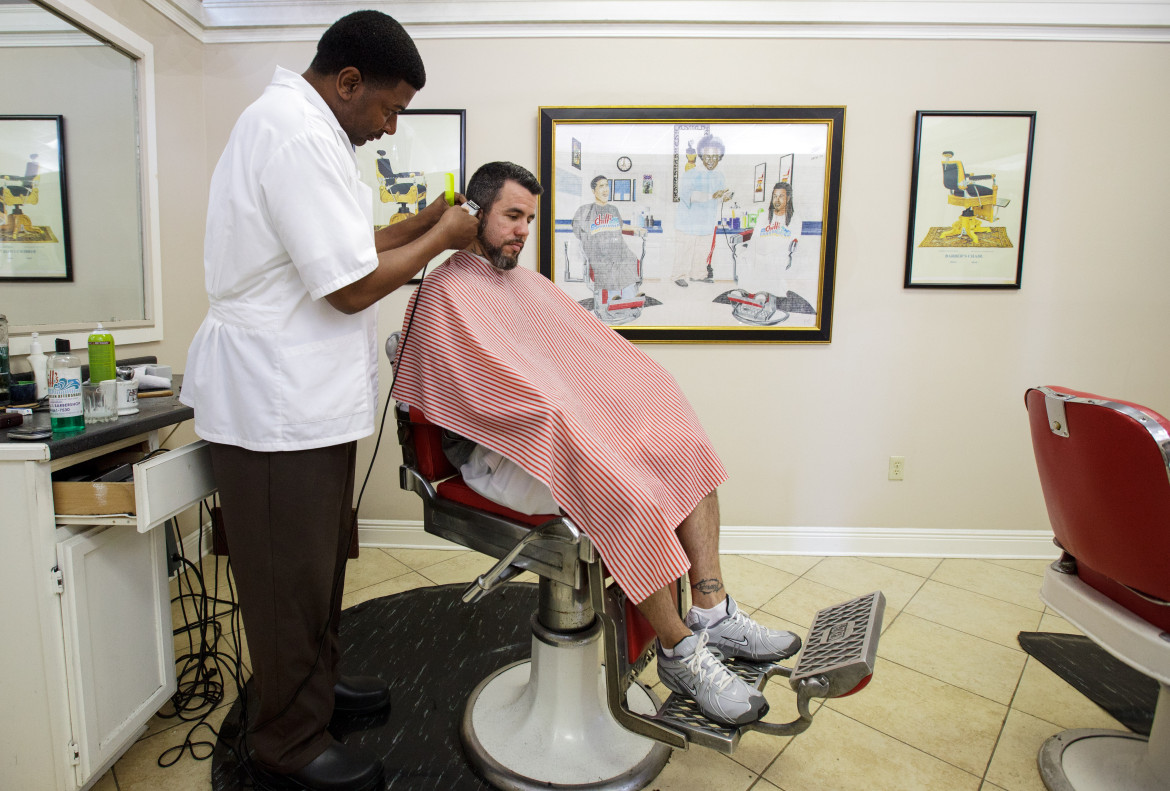
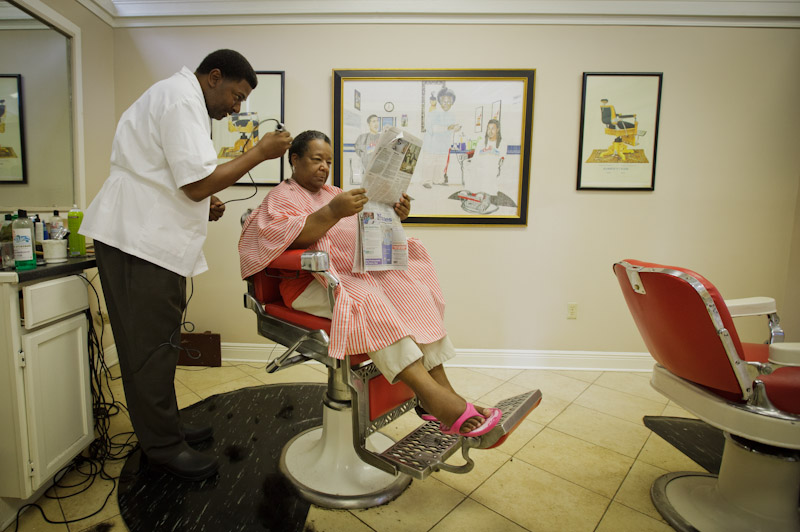
Master Barber Wilbert “Mr. Chill” Wilson still subscribes to The Times-Picayune and feels loyal to the paper. “Some of my customers don’t get the paper delivered to their houses, for financial reasons or they’re upset because of changes,” he says.
“That’s a nostalgic thing for a barber shop, to have a newspaper,” he says, but not on this Tuesday morning in his shop in Carrollton. He’s not seriously considered getting The Advocate.
Right now his customer is Carson Gauthreaux Jr., his fellow master barber. Normally, Gauthreaux says, he would be reading the paper right then, “waiting for my first customer” — but only if the Picayune came out that day.
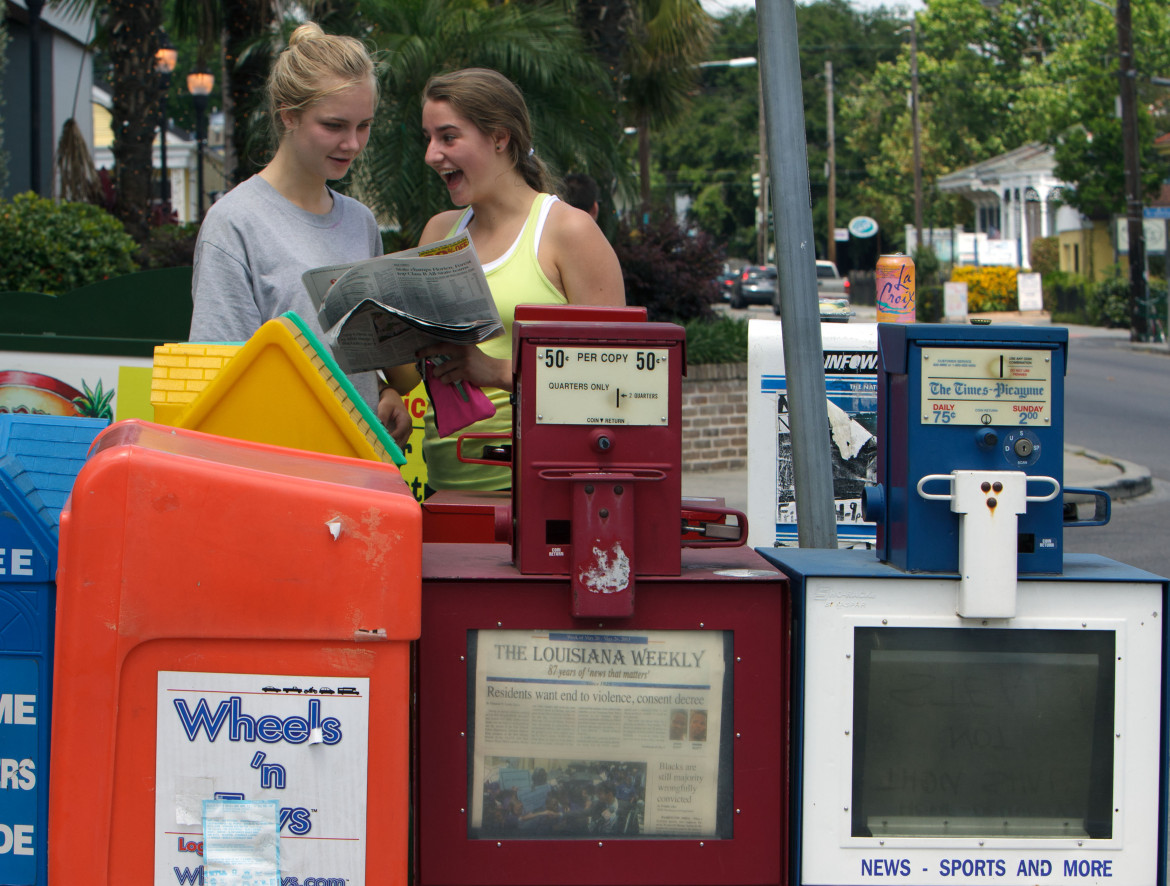
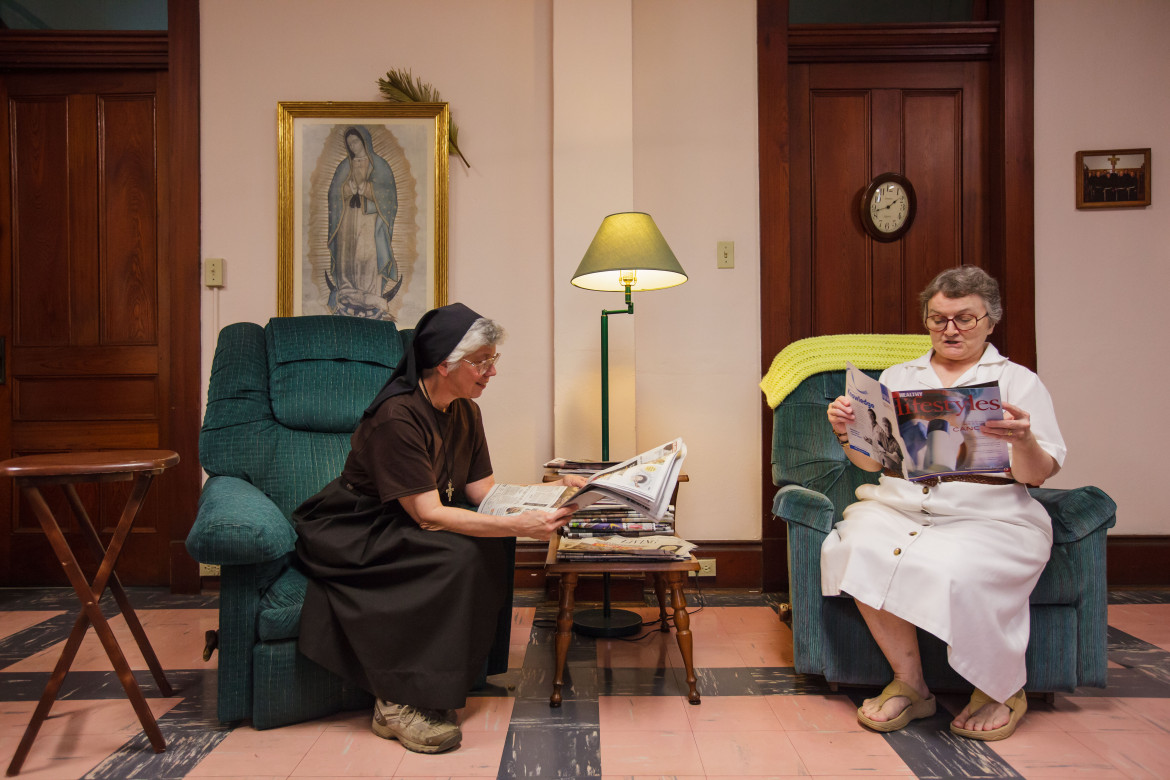
Nuns need in-depth coverage of the city and the world, Sister Charlene Toups says, because “what is going on in the world informs your prayer.”
The monastery misses the daily paper. “I asked one sister, who does not use a computer, what she does on days there is no printed paper,” Toups says. “She told me: I read the old paper twice.”
They haven’t decided whether to get The Advocate; they will have to pray on that.
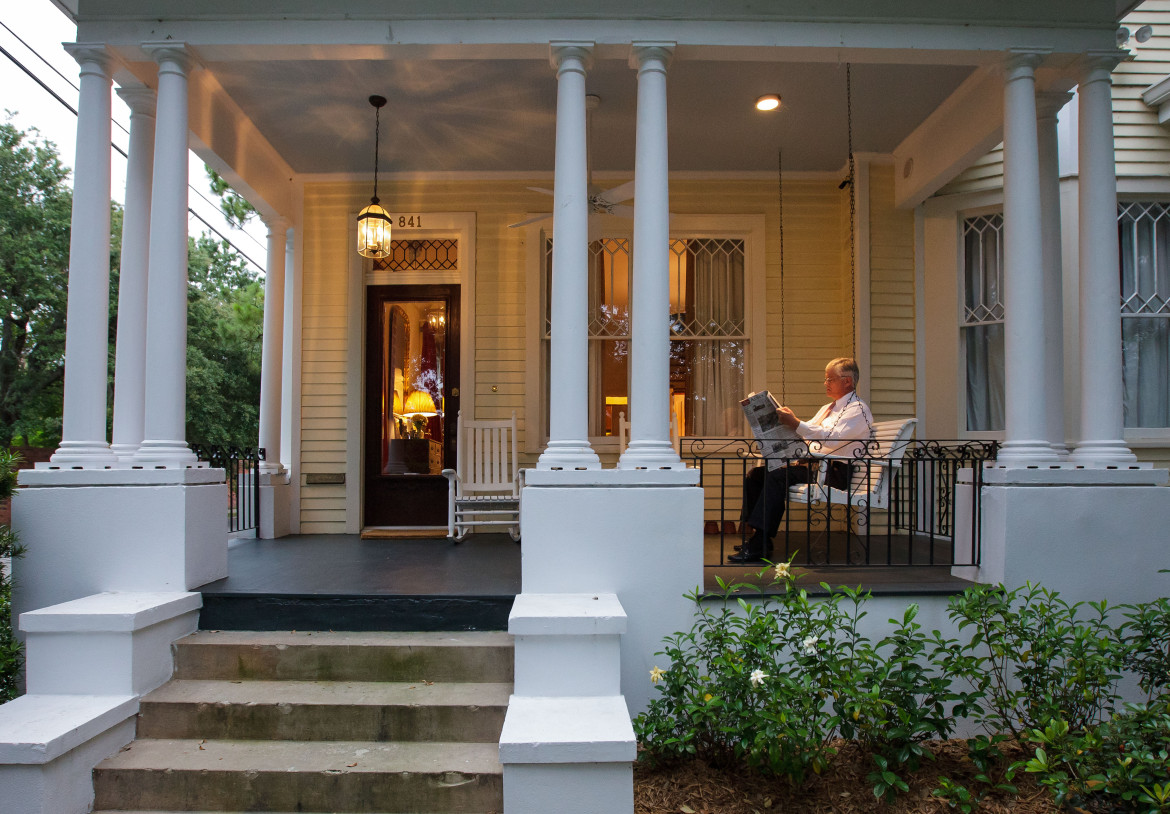
The Advocate says about 22,000 people buy its daily New Orleans edition. Michael Fitzpatrick now subscribes to The Advocate and The Times-Picayune. Like many New Orleans residents, he misses the daily death notices. “If someone you should know about has died, you have to wait to find out,” he says.
Fitzpatrick is eager to see what The Advocate does with its new owner and new talent. “I think the new owner is going to try to make it the paper of New Orleans. That’s what makes it exciting.”
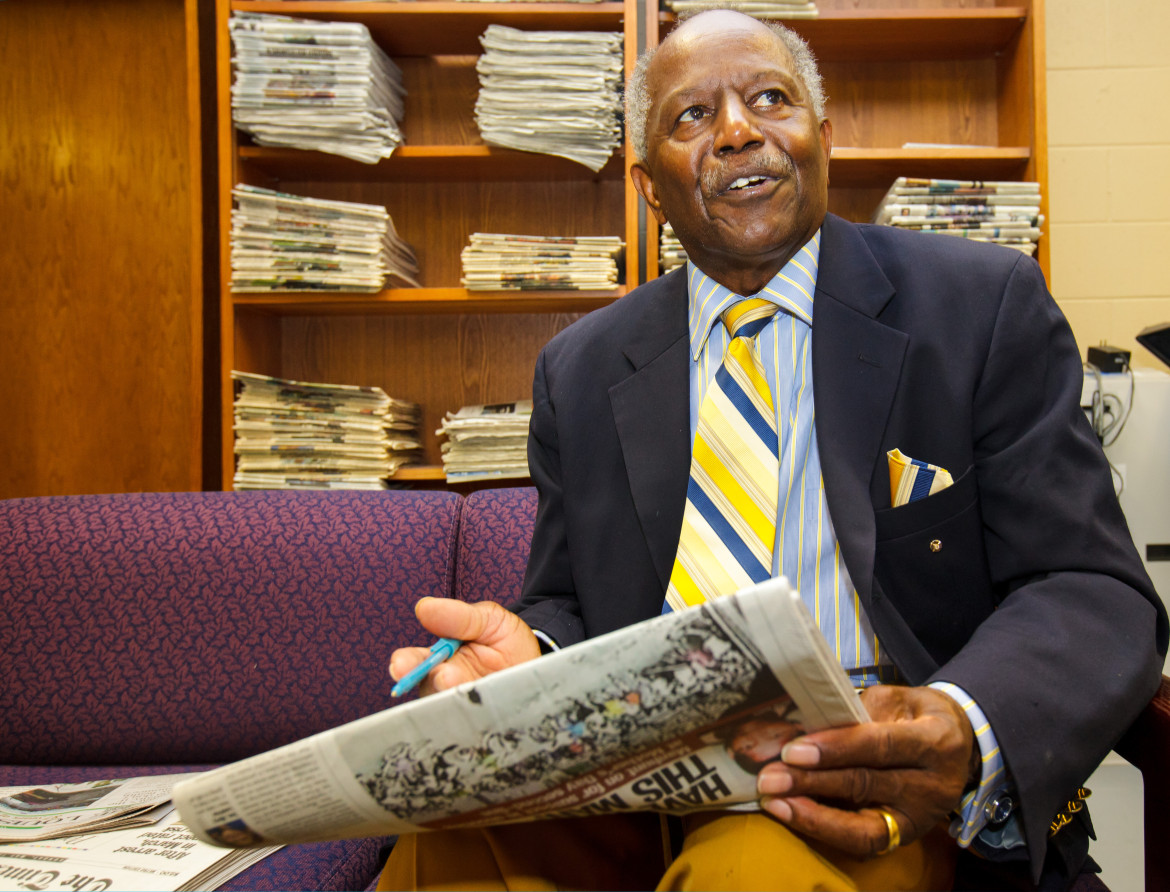
Southern University at New Orleans criminologist professor John Penny also subscribes to both papers. He says a strong, daily printed newspaper creates an informed community, especially regarding public safety. “It’s kind of a map to direct you as to what your purpose is for that day.”
The Advocate does a good job of covering policy and happenings at the state level, he says, but it is not yet entrenched in the news of New Orleans. He hopes that void is filled as the newspapers begin to compete in earnest.
Eve Troeh is news director at WWNO, New Orleans Public Radio. She has reported and produced for various national public radio outlets, most recently as a staff reporter on the Sustainability Desk at APM’s Marketplace. Eve lived in New Orleans from 2000 to 2007 and reported on the city’s rebuilding after Hurricane Katrina. She’s happy to be back in town.
Bevil Knapp, a professional photographer for 27 years, has photographed Super Bowls, Sugar Bowls, presidents, governors, heads of state, Mother Teresa, Pope John Paul II, Noble Prize winners and music legends. These photos are copyrighted and available for sale on her website.
Editor’s note: This story is excluded from The Lens’ republishing arrangement.
*Correction: This post originally misstated the frequency of WRBH-FM, New Orleans Radio for the Blind. The station broadcasts at 88.3. (May 24, 2013)

